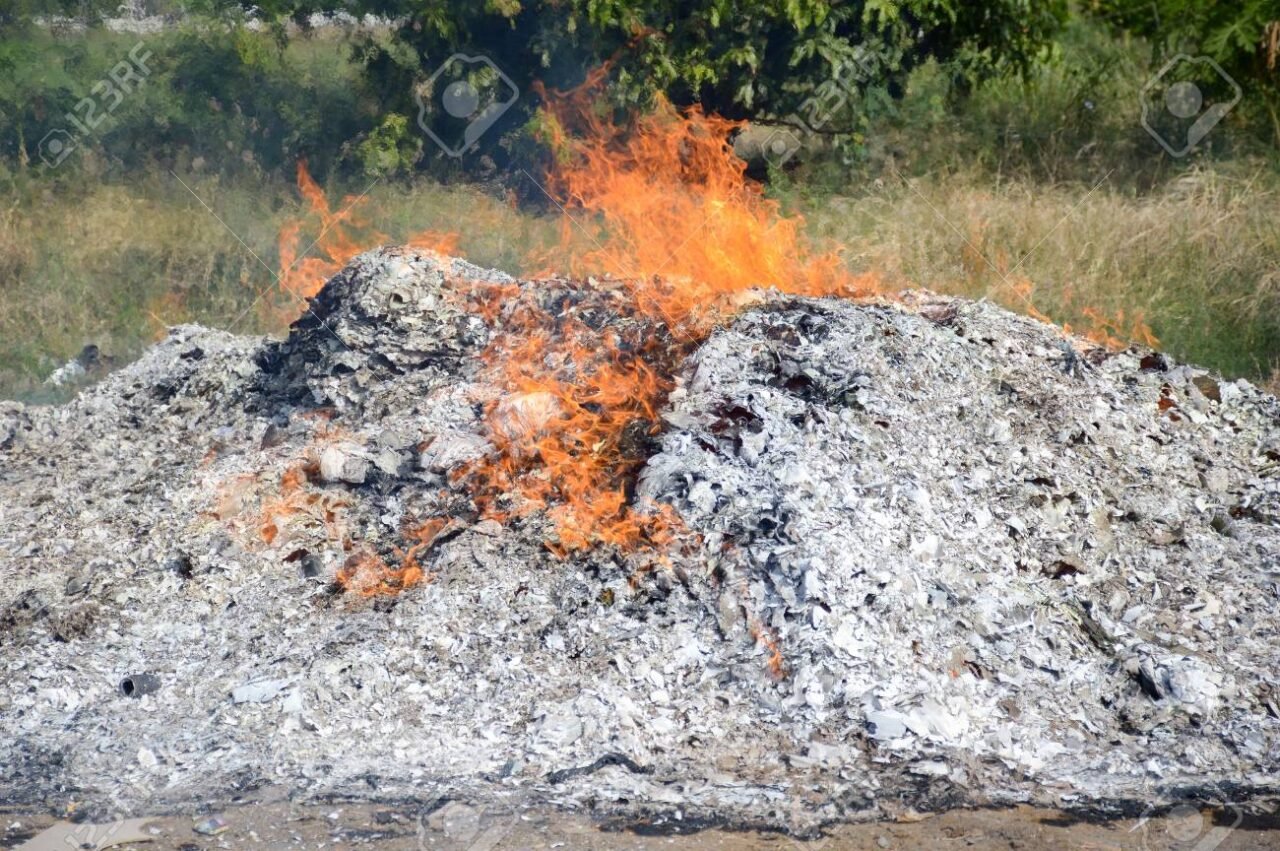The benefits of ash on the farm
By James Kamau
Most people will throw away the messy remnants from burning firewood, including the ash. It is because they do not know that what they consider as waste can be beneficial in their farms.
Ash, especially for an organic farmer, is a very important asset.
There are many types of ashes but the ash from wood and plant matter is the best for use in gardens compared to that obtained from coal, briquettes or fake logs.
When applied to soil, ash provides important nutrients such as carbon, potassium and lime. It also controls pests in the garden and on animals and trace elements like phosphorus, calcium, and boron.
Potassium contained in wood ash regulates water balance, keeping plant tissues firm and juicy. Lack of potassium causes plants to become vulnerable to frost, dry climate, pests, and diseases.
Keep your ash as potassium is very soluble and if your ash is rained on, it will be lost through leaching.
Potassium helps in transporting nutrients and creating starches and sugars in plants.
Use ash around the roots of crops such as potatoes or carrots, peas, and beans as well as soft fruit bushes like plums, pears, cherries, strawberries, and blackcurrants.
Apply it sparingly since excess alkalinity can negatively affect plants that prefer acidic conditions. Too much alkalinity can also hinder the functions of some organisms in the soil or compost.
Uses of ash:
1. Ash raises the pH of acidic soil. Sprinkle it lightly onto the soil and mix. However, test your soil pH before application and avoid adding it onto soil with high pH. Do not add ash onto crops that thrive in acidic conditions such as sweet potatoes;
2. Apply lightly between the layers of compost materials to reduce acidity;
3. It fights frost and fungi and stops the reproduction of fungi spores, reducing their spread;
4. When sprinkled around vulnerable plants, its rough texture irritates the soft bellies of snails and slugs and repels them;
5. Pouring ash where there are ants repels them;
6. Sprinkling your poultry houses with ash keeps them dry, wards off pests like mites and keeps bad smells at bay. Make a dust bath for your chickens by mixing sand and ash. The mixture controls fleas and mites on their bodies as they wash themselves in the bath.
7. When sprinkled on ponds it controls growth of algae by encouraging growth of good aquatic plants. Since wood ash contains micronutrients that plants need to thrive, it strengthens aquatic plants. In turn, the boosted aquatic plants are able to compete with algae and slow its growth
8. It reduces calcium deficiency in tomatoes. Add about 1/4 cupful of ash to the planting hole and mix it thoroughly with the soil. Transplant your tomatoes and cover with the mixture. You can also make ash tea to apply on tomatoes during their flowering stage for extra potassium for better fruit formation.
Put 100-200 grams of ash in a cloth bag or an old pillowcase and tie. Place the bag in a garbage bin or bucket filled with 10 litres of water. Allow it to sit in the water for several days. Once the ash tea has brewed, pour about a cup around your potassium-deficient plants once a week until the pH balances out. Too much will cause nitrogen deficiency and can affect the ability of your crops to ingest other important nutrients.
In summary, ash plays a multifunctional role in plants and soil health, which is an important aspect in organic farming. It is also important to note that a little goes a long way.


